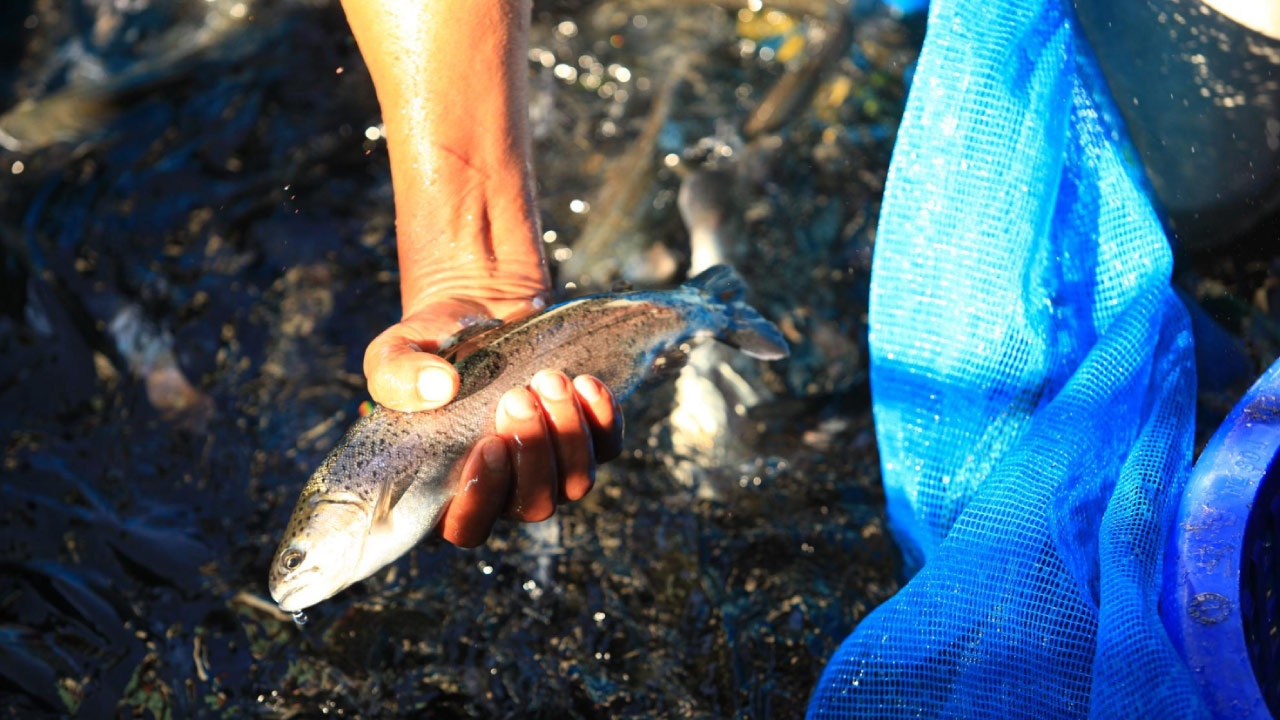
Single-cell proteins derived from methanogenic bacteria are produced using methane as a feedstock and represent a promising alternative to fishmeal in aquaculture. Several studies have shown that replacing up to 50% of dietary fishmeal protein with single-cell protein does not significantly affect growth performance, feed conversion ratio or survival in species such as rainbow trout.
At higher inclusion levels, some reductions in feed efficiency and changes in gut histology have been observed.
In a recent study led by a scientific team from Aarhus University in Denmark, researchers confirmed that methanotrophic single-cell protein derived from Methylococcus capsulatus bacteria and produced by Unibio A/S can replace up to 50% of fishmeal in rainbow trout diets without compromising growth or survival. The feeding trial was conducted at Aarhus University’s research facilities, while the experimental feeds were formulated and manufactured by BioMar.
Fishmeal was progressively substituted with the single-cell protein. Results confirmed that 50% replacement maintained fish performance, while higher inclusion levels resulted in lower feed efficiency and modifications to intestinal structure.
Beyond nutritional performance, the use of methanogen-derived single-cell protein could help reduce the aquaculture sector’s dependence on wild-caught fish resources, supporting industry efforts to improve both environmental and economic sustainability.
The study also highlighted an additional advantage: this protein source can be produced without using agricultural land or freshwater, since it relies on methane from industrial processes as its substrate. This offers a further sustainability benefit compared with conventional feed ingredients.


